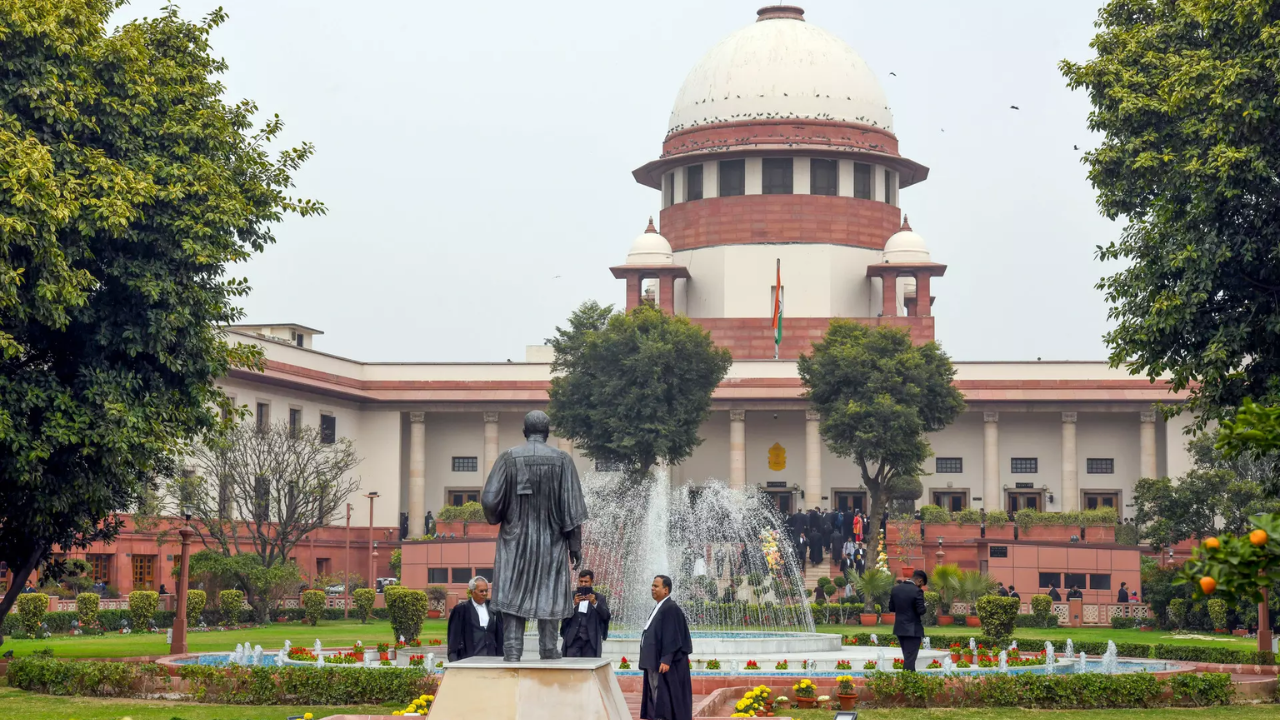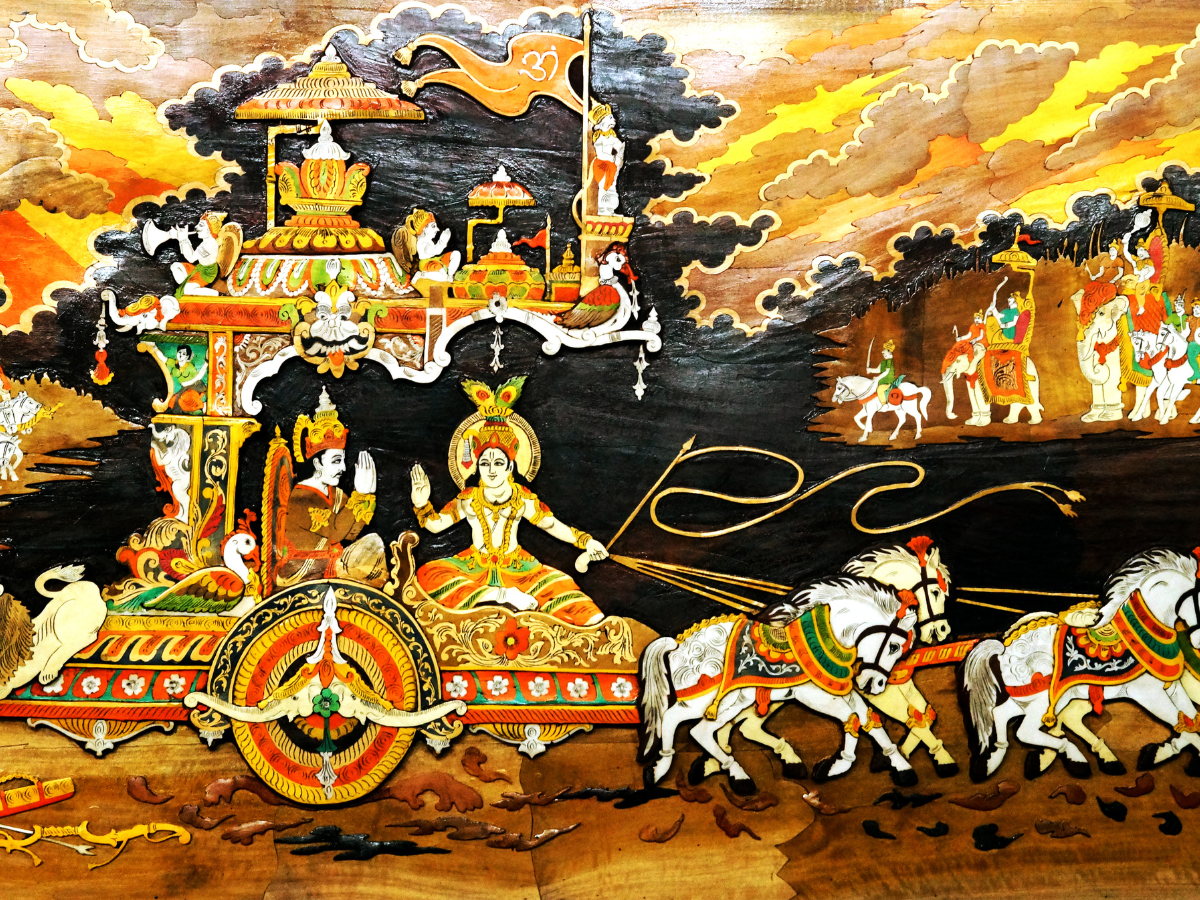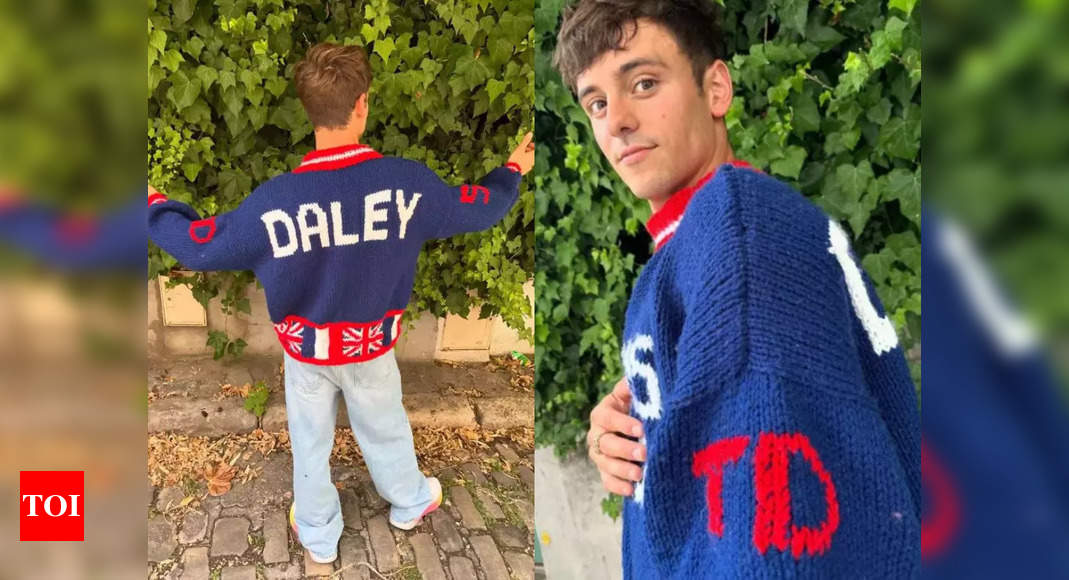NEW DELHI: Supreme Court dismissed a petition on Tuesday that sought to bar Prime Minister Narendra Modi from participating in elections for seeking votes in the name of ‘God and place of worship’.
“Have you approached authorities. For writ of mandamus you must approach the authorities first,” a bench of Justices Vikram Nath and S C Sharma said.
Fatima had filed the plea through Advocate Anand S Jondhale, requesting the Election Commission to disqualify Modi from elections for a period of six years under the provisions of the Representation of People Act.
Delhi high court on Monday had also rejected a plea seeking to direction to the Election Commission of India (ECI) to take action against PM Modi for allegedly delivery divisive speeches.
“As such, at this stage, the present petition is wholly misconceived. In the circumstances, this Court finds no merit whatsoever in the present petition and the same is accordingly dismissed,” the court said in the order.
“I cannot micro manage ECI on how they shall deal with it. They are in the middle of dealing with it. We cannot presume they would not do anything,” the bench observed.
(With inputs from agencies)
“Have you approached authorities. For writ of mandamus you must approach the authorities first,” a bench of Justices Vikram Nath and S C Sharma said.
Fatima had filed the plea through Advocate Anand S Jondhale, requesting the Election Commission to disqualify Modi from elections for a period of six years under the provisions of the Representation of People Act.
Delhi high court on Monday had also rejected a plea seeking to direction to the Election Commission of India (ECI) to take action against PM Modi for allegedly delivery divisive speeches.
“As such, at this stage, the present petition is wholly misconceived. In the circumstances, this Court finds no merit whatsoever in the present petition and the same is accordingly dismissed,” the court said in the order.
“I cannot micro manage ECI on how they shall deal with it. They are in the middle of dealing with it. We cannot presume they would not do anything,” the bench observed.
(With inputs from agencies)










